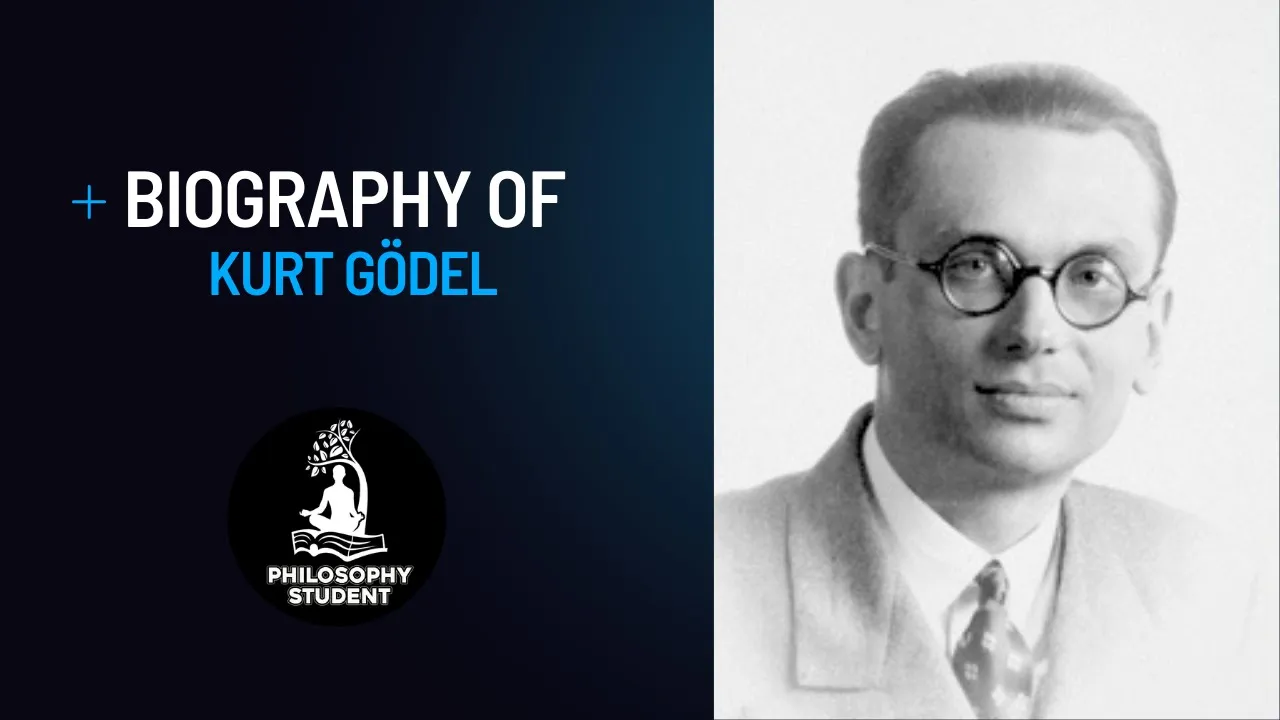Mathematician and analytic philosopher Kurt Gödel stands as the third in a triumvirate of history’s great logicians, alongside Aristotle and Gottlob Frege. Among twentieth-century analytical philosophers, his peers in influence are Alfred North Whitehead, Bertrand Russell, and David Hilbert. His breakthrough contributions were two “incompleteness theorems,” which constitute the key theorems of mathematical logic. Published in 1931, they demonstrate the limitations of axiomatic systems capable of modeling basic arithmetic.
The first of these theorems holds that no consistent system of axioms whose theorems can be listed by an algorithm can prove all truths about the arithmetic of natural numbers. That is, in any such consistent formal system, true statements about natural numbers exist but are unprovable within the system. The second incompleteness theorem extends the first, showing that the system cannot demonstrate its own consistency.
Taken together, the incompleteness theorems have implications beyond arithmetic in demonstrating the limitations of all formal systems. The theorems are consistent with the work of Alfred Tarski (the “undefinability theorem” demonstrating the formal undefinability of truth), Alonzo Church (his proof that David Hilbert’s Entscheidungsproblem—“decision problem”—is unsolvable), and Alan Turing (there is no algorithm to solve the halting problem in computability theory).
The incompleteness theorems called into question logicism as proposed by Frege and Russell and have implications for the nature of human intelligence versus machine intelligence. Finally, the incompleteness theorems have been applied beyond mathematics and classical logic to the analysis of proofs in other fields.
Kurt Gödel was born on April 28, 1906 in Brünn (modern Brno, Czech Republic), the son of a prosperous businessman and a brilliant mother, who remained an enduring influence. A sickly child, Gödel nevertheless was a brilliant student, who, on graduation from the gymnasium in Brno, enrolled in the University of Vienna in 1924. He began studying physics but soon turned to mathematics, earning in 1929 a doctorate in that field, with a dissertation that became the basis of his incompleteness theorems.
At university, Gödel became an important figure in the so-called Vienna Circle, which was associated with the founding of logical positivism, which asserted that only statements verifiable through direct observation of logical proof are meaningful. During the 1930s, Gödel not only published his incompleteness theorems (1931), but joined the faculty of the University of Vienna (1933) and made breakthroughs in set theory, modal and intuitionistic logic, arithmetic, first-order logic (predicate calculus), the length of proofs, and differential and projective geometry.
During the rise of Hitler, Gödel lost his position at the university and, in 1939, was pronounced fit for military service. With his wife, he left Austria for the United States in 1940 and received an “ordinary member” appointment to the Institute for Advanced Study at Princeton University. He was not made a “permanent member” until 1946 and was appointed a professor in 1953. Both Gödel and his wife were naturalized as American citizens in 1948. At the Institute, Gödel formed a close personal and professional relationship with fellow European refugee Albert Einstein. He produced important papers in philosophy and mathematics, including work on Russell’s mathematical logic, Cantor’s Continuum Hypothesis, and, most notably, the relationship between Relativity Theory and Idealistic Philosophy. In 1949, he published “An Example of a New Type of Cosmological Solutions of Einstein’s Field Equations of Gravitation,” based on his work on rotating universes in relativity.
He turned somewhat from mathematics to philosophy during the 1950s, delivering a landmark lecture at Brown University, “Some Basic Theorems on the Foundations of Mathematics and Their Philosophical Implications,” in 1951 and left in manuscript a work on phenomenology. His final years were marked by psychological problems, and the cause of his death, at Princeton, January 14, 1978, was ascribed to “starvation and inanition, due to personality disorder.”




































